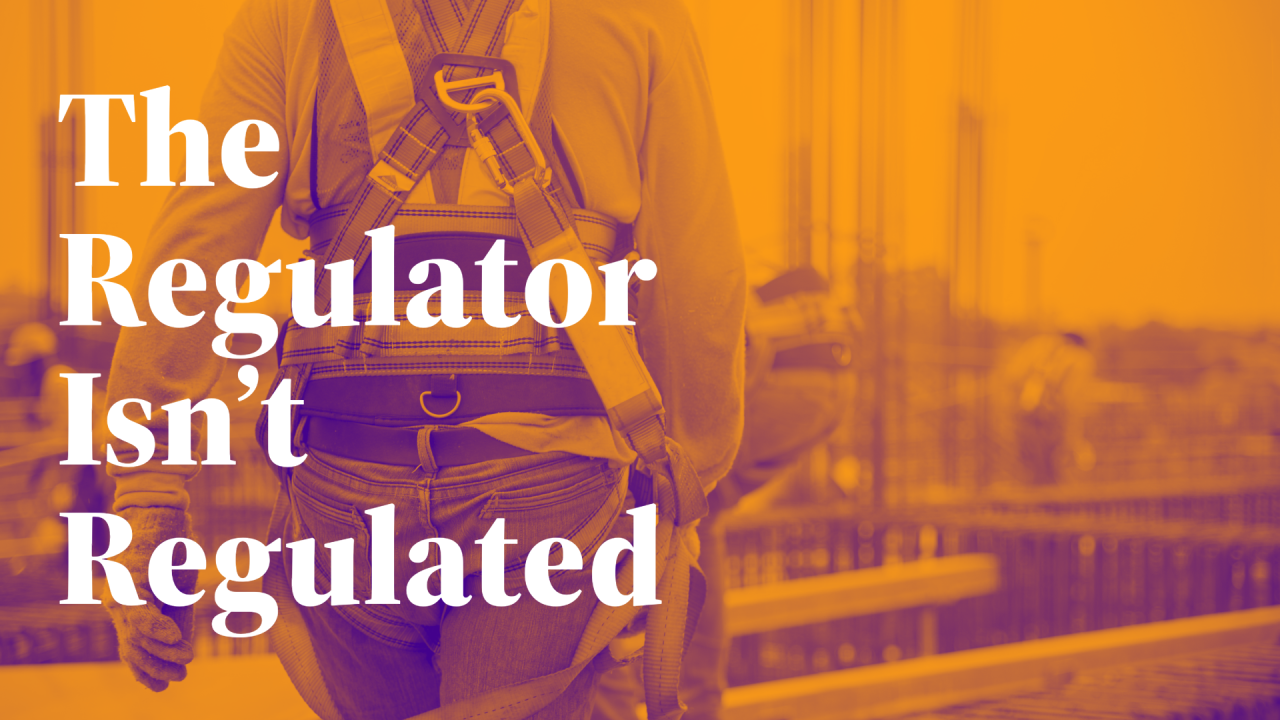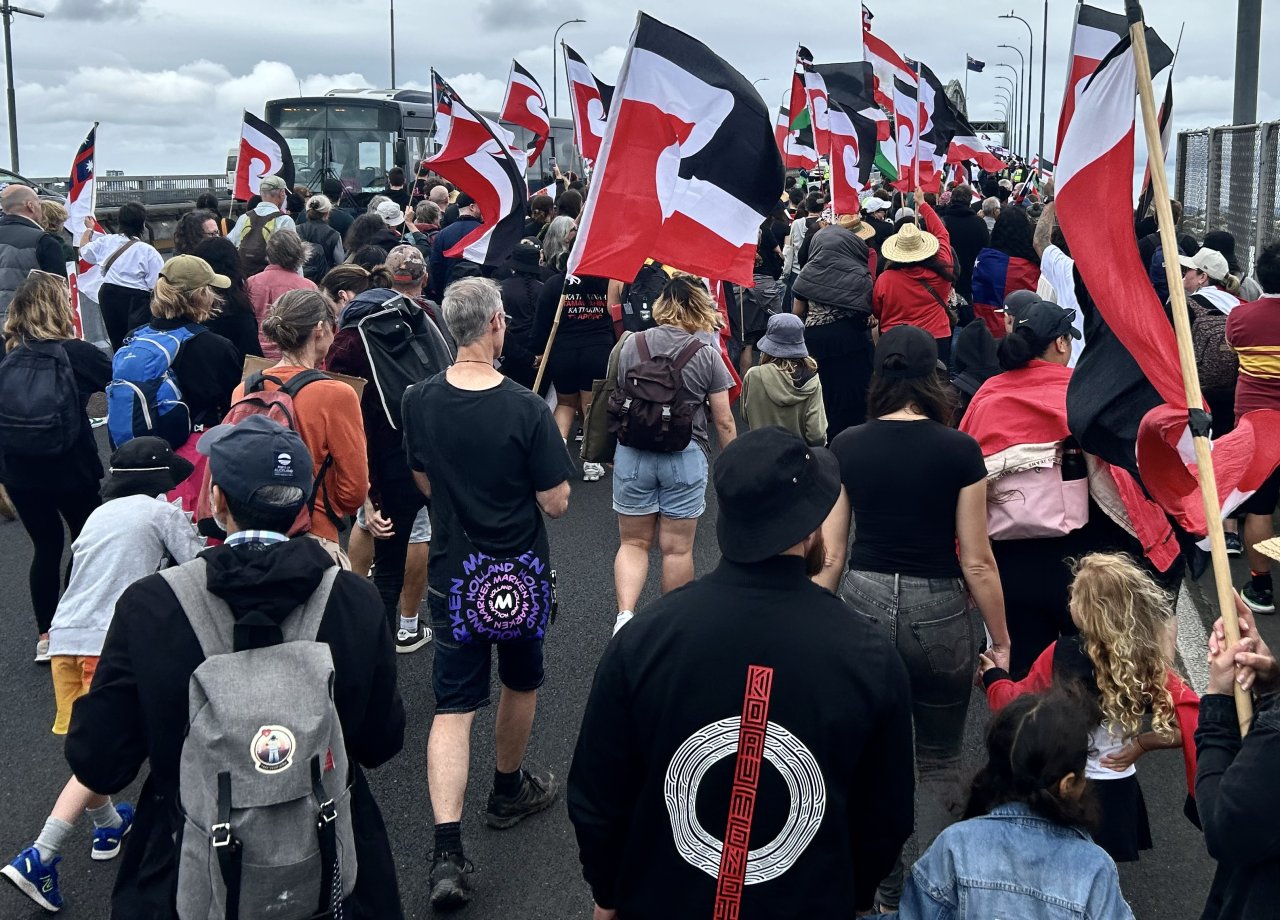OPINION:
WorkSafe is a Crown agency that has been given regulatory powers by the Health and Safety at Work Act 2015. These regulatory powers were designed to help keep Kiwi workers safe by preventing, investigating, and prosecuting. On paper, WorkSafe should be identifying risks and hazards in industries and businesses, investigating incidents, and holding accountable those responsible for injuries and deaths. However, in the writer’s opinion, in reality, WorkSafe does the bare minimum and fails to protect our workers and communities.
At the beginning of 2023, there had been 400 workplace fatalities spanned over the last 10 years, WorkSafe only bought prosecutions for 165 of them, and not all of them were winners. WorkSafe has the discretion to choose which companies they want to hold liable for the accident, sometimes they will find no one is at fault but too often prosecutions aren’t being bought because WorkSafe has failed to perform their own duties, leading to fatalities.
In December 2019, 30 lives were lost, of which 22 resulted from one accident: the eruption of Whakaari. A natural disaster that couldn’t be prevented. But what could have been prevented was the loss of 22 lives and the 25 others who suffered extensive injuries. As a part of their prevention, two months before the devastating loss, WorkSafe inspected the companies who were operating tours on Whakaari. WorkSafe did not identify concerns with the operating tours on Whakaari, illustrating that an active volcano was not considered a hazard. As WorkSafe didn’t identify concerns, it implied that it was safe for the companies to continue to provide their tourist service. Fast forward to after the eruption, WorkSafe investigated and found, among others, that those tourist companies were liable and sought prosecutions.
The prosecutions against these companies have no standing. It was revealed that sulphur dioxide levels were elevated in 2019 compared with previous years, this should have at least been an indication to WorkSafe that further results were needed to ensure everyone’s safety. However, WorkSafe took the easy route and walked away. When the Whakaari volcanic alert level was increased on 18 November 2019, WorkSafe should have re-examined the safety of working on an active volcano. It is clear that WorkSafe had a role and did not perform that role adequately, but even after an independent report by MBIE had recognised that WorkSafe did not take appropriate steps in carrying out its regulatory functions, there is nothing more for MBIE to do to hold WorkSafe accountable for their actions (or lack thereof) leaving WorkSafe to put the spotlight on other companies’ potential defaults.
Dr Simon Connel and Rita Yousef have commented on WorkSafe’s lack of accountability. Dr Simon Connell spoke to RNZ, highlighting the fact that WorkSafe did not think about the dangers of an active volcano. He said “that’s not a subtle, technical, legal nuance point. That is a serious, serious issue in terms of mindset.” Additionally, he states that “there’s an incentive therefore WorkSafe to point the finger elsewhere and to build a strong case that says the fault and responsibility lies elsewhere.”
Furthermore, Rita Yousef, who has been involved with the victims and their families since the eruption has said that WorkSafe “is a regulator that has the responsibility to maintain and look after safety and they obviously haven't done it."
The lack of accountability on WorkSafe has been bought to public attention through a change.org petition asking for the charges to be dropped against the companies. While this is a step in the right direction, there is more to be done. The inherent ability of WorkSafe to be able to evade prosecution while their faults are placed on others has created a never-ending ability for work safe to not be held responsible.
Although WorkSafe is currently the only agency that can bring prosecutions for health and safety failures, employers are still obligated under the Health and Safety at Work Act 2015, to provide a healthy and safe work environment so far as this is reasonably practicable. On the other hand, employees have an obligation to take reasonable care of their own health and safety while they are at work. If an employee feels that their employer is not meeting their obligations under the Act, the employee has the right to refuse work ‘if the worker believes that carrying out the work would expose the worker, or any other person, to a serious risk to the worker’s or other person’s health or safety arising from an immediate or imminent exposure to a hazard.’ If an employee refuses to work the Act provides guidance on how to proceed. Therefore, while it is the Health and Safety at Work Act that provides WorkSafe with its regulatory powers the issue lies not in the Act itself but rather in WorkSafe undertaking three roles that should be distinct
Get in touch with our specialist employment law team if you need any advice.



